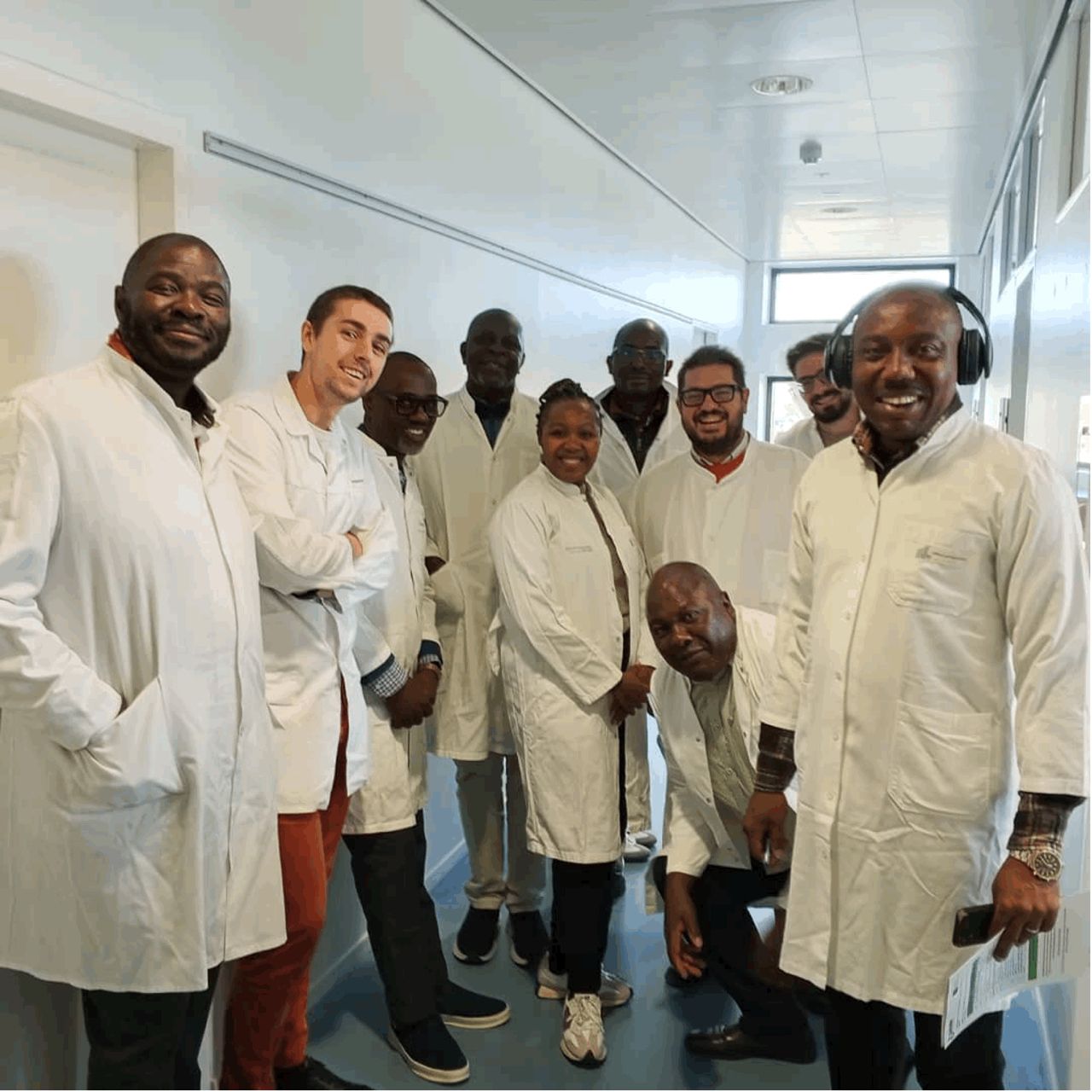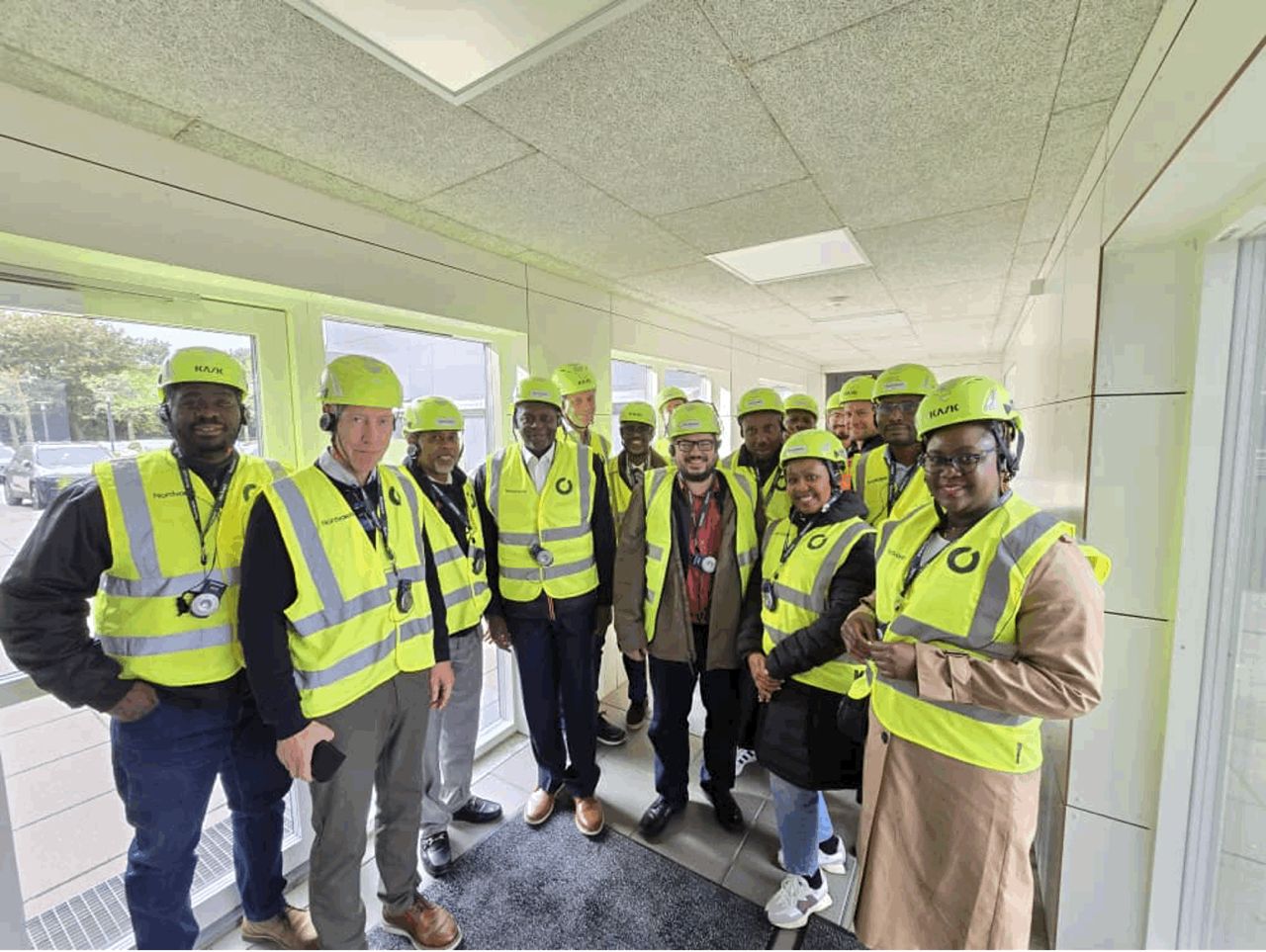



A high-powered delegation from Igbinedion University, Okada (IUO), has returned from an intensive international study visit in Greece and Denmark, brimming with groundbreaking strategies to revolutionize plastic waste management and recycling education in Nigeria. The visit was part of the ERASMUS+ funded SWARM Project (Sustainable Plastic Waste and Recycling Management Capacity Building).
The IUO team, led by Professor Lawrence Ikechukwu Ezemonye, and comprising Professor Spencer Chukwumaobim Nwangwu, Dean of the School of Basic Medical Sciences, and Professor Rowland Ugochukwu Azike, Dean of the College of Engineering, participated in the knowledge-exchange mission from September 28th to October 5th, 2025. The programme, which included sessions at the National Technical University of Athens (NTUA), Greece, and Aalborg University (AAU), Denmark, served as a critical platform for bridging the gap between European best practices and Sub-Saharan Africa’s unique challenges in combating plastic pollution.
The programme combined high-level academic discourse with hands-on facility tours. In Athens, the team witnessed large-scale, sophisticated waste processing firsthand. Visits to the GEOCYCLE Unit in Koropi and the SKYPLAST Facility in Magara demonstrated advanced methods for segregating unsorted municipal waste and transforming plastics into valuable recycled pellets (rPET, rHDPE, etc.). A key takeaway was the concept of “energy valorisation,” where non-recyclable residues are used for energy generation, minimizing landfill waste. In Denmark, the focus shifted to integrated municipal systems and innovative education models. The delegation learned about Aalborg Municipality’s effective source-segregation system and the successful deposit-return scheme for plastics. A tour of the Nordvaerk Waste Management Facility further reinforced the waste-to-energy model, showcasing a holistic approach to urban waste.
A standout feature of the Aalborg visit was the immersion into Problem-Based Learning (PBL), a teaching philosophy the university has championed since 1974. “This model, which splits learning equally between semester courses and student-directed projects, is a game-changer,” remarked Prof. Spencer Nwangwu. “It equips graduates not just with theoretical knowledge, but with the practical, problem-solving skills urgently needed to tackle real-world issues like plastic pollution in Nigeria.” Prof. Rowland Azike added, “The industry-academia collaboration we observed is exemplary. The ‘Advisory Boards’ and ‘Science Cafés’ at AAU are practical mechanisms we can adapt to ensure our curriculum and research are directly relevant to national industrial and environmental needs.”
The study visit culminated in strategic sessions where the IUO team, led by Prof. Ezemonye, presented an updated roadmap for integrating the acquired knowledge. The presentations outlined ambitious plans for curriculum enhancement and the establishment of a SWARM Innovation Hub at Igbinedion University, Okada. “This visit was nothing short of transformative,” stated Prof. Lawrence Ikechukwu Ezemonye. “We have moved from theory to actionable strategy. The insights gained into chemical recycling, bioplastics, and circular economy business models have directly informed our blueprint for the SWARM Hub. This hub will be a centre of excellence for innovation, stakeholder engagement, and policy dialogue, positioning IUO at the forefront of sustainable waste management in Nigeria.”
The delegation confirmed that the visit has significantly strengthened IUO’s collaboration with its European partners. The immediate outcomes include plans to integrate PBL into academic programmes, the identification of key research areas such as plastic valorisation for the Nigerian context, and accelerated institutional readiness for the SWARM Innovation Hub at IUO. The university is now poised to lead the charge in adapting these global best practices, fostering local stakeholder involvement, and driving Nigeria’s transition towards a circular and sustainable plastic economy.